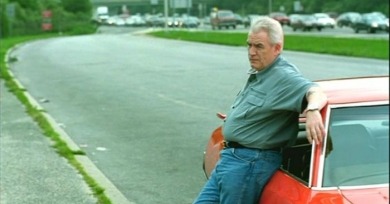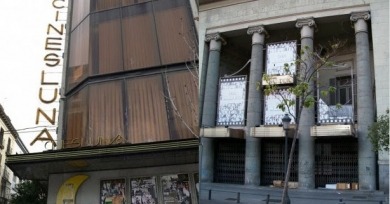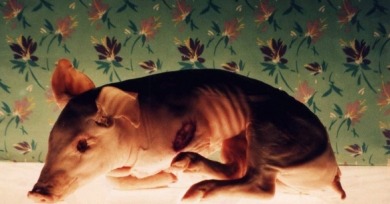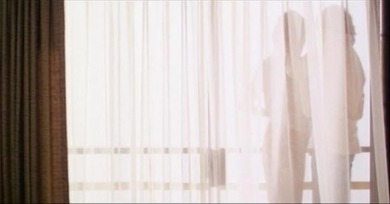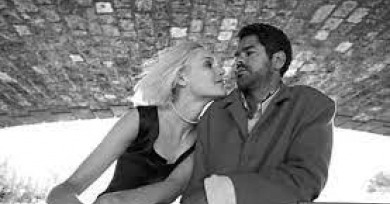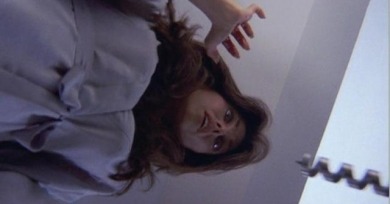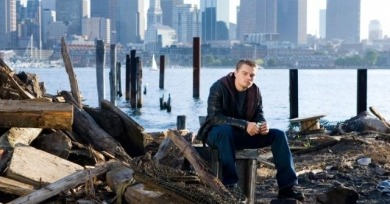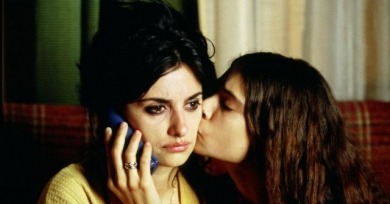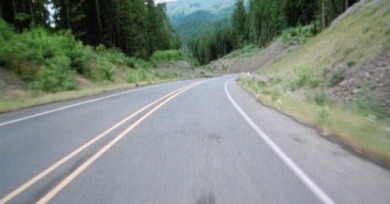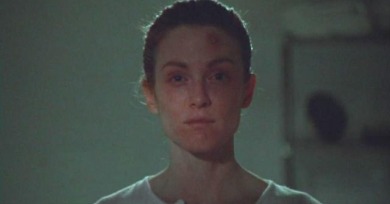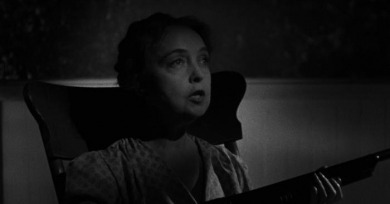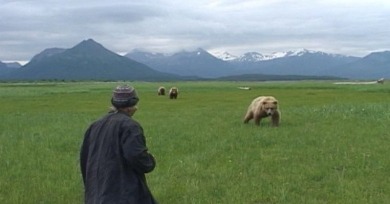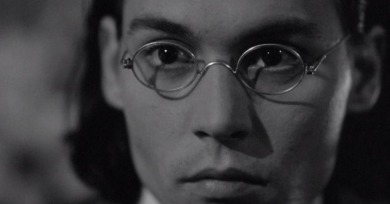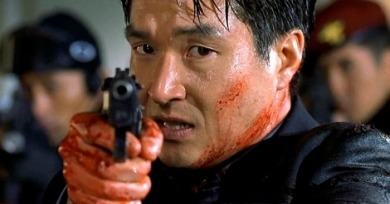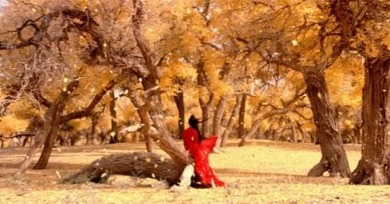Vicente Rodriguez-Ortega
Perhaps Wong’s heart softened after so many years of denying spectators that one moment of lasting desire we so often coveted in his other, greater films. Or perhaps, as some thought, what seemed nonchalant in Cantonese becomes obvious and sentimental cheese in English.
British-born Michael Apted had garnered a solid reputation as a documentary filmmaker with the first installments of his Up series. However, by the time he made Firstborn his career had turned towards the mainstream.
The biggest multiplex theater in Europe resides in Madrid, where I now live: Kinépolis, the crowning achievement of a European franchise of movie theaters based in Belgium.
The 1989 short Isle of Flowers, a social critique about poverty in contemporary Brazil, is a direct descendant of the Cinema do Lixo movement, directed by renowned director Jorge Furtado, who remains a popular filmmaker to this day, touching upon social issues in documentary, fiction feature, and TV work.
When one thinks about Alan J. Pakula’s 1970s conspiracy trilogy—Klute, The Parallax View, and All the President’s Men—the first thing that comes to mind is Gordon Willis’s superb visual work.
Besson unambiguously stated that he aimed to capture the “true, beautiful Paris, the one that enthralls millions of tourists every year and we, Parisians, walk past every morning, head down, lost in our personal paradise.”
The story goes that De Palma got extraordinarily sick of his buddies Spielberg and Lucas making the big bucks and tired of Coppola and Scorsese being exalted to the Olympus of cinematic auteurism, and that his response was a big “fuck you” to Hollywood in the shape of Body Double.
The follow-up to the grandiose and lavish spectacles of Gangs of New York and The Aviator is a darkly comic and blood-filled gangster film that runs strictly by the book… plus cell phones
If Pedro Almodóvar has become Almodóvar, an instantly recognizable brand of world art-house authorship, it’s precisely because he invests each of his films with such an accessible intertextual pedigree.
"I tried to keep the filmmaking from being distracting. Besides, when you are working with a six-person crew, you are hoping a lot of the limitations will end up serving you and add to the fragility of the story. Also, by keeping the apparatus very small, it is invisible to us when we make the film."
Todd Haynes’s Safe, while breathing almost exclusive whiteness all the way through the narrative, fully addresses the racial problematics at the core of the compartmentalized layout of Los Angeles and its neighboring towns.
The Night of the Hunter is oddly anachronistic and eerily modern. Not surprisingly it was a critical and commercial failure upon its release.
Grizzly Man is a battle between two antagonistic voices—Herzog and Treadwell—with one common denominator: an uncontrollable craving for existential excess.
Jarmusch sets it straight from the very beginning: Dead Man is a western precisely because it is not. The film positions itself against the ideological and formal constructions of the genre.
Many have pointed out that the 20th century was, above all, the era of acronyms—letters and dots standing in for something that remains ultimately in the dark. What they signify is never clear and is not supposed to be.
"Whatever you’re appropriating, you’re absorbing it, it’s filtered through your unconscious and it comes back as something else. Wong and I reference multiple things, but we’re not repeating them. Nothing is original, but it can be very personal and the angle, the intention can be very personal."

